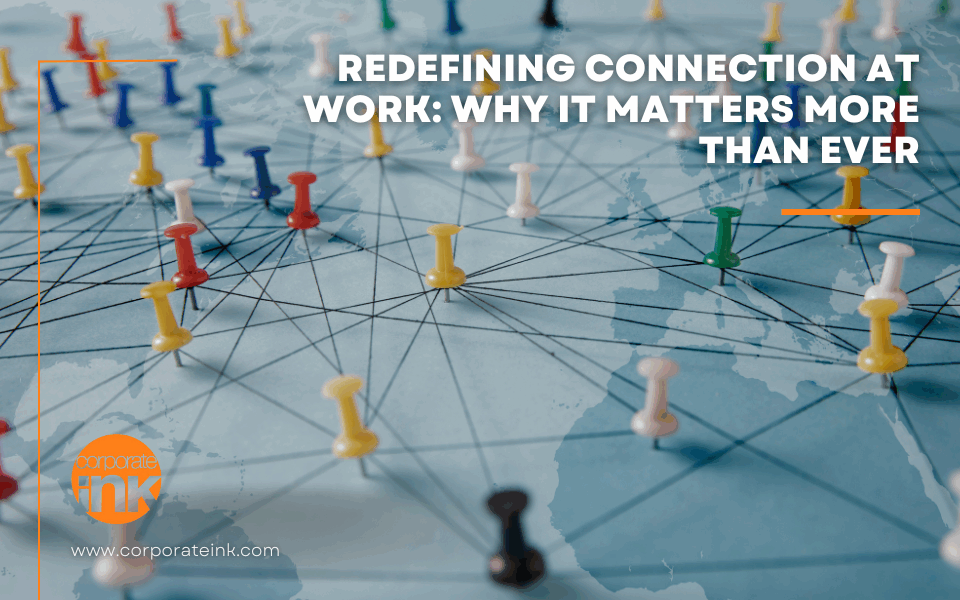
Push vs. pull marketing: How millennials are changing the game
May 1, 2017
At Nintendo, supply chain & marketing collaboration results in success
May 17, 2017
In the last month alone, we’ve seen numerous stories of companies relentlessly shamed on the internet for one mishap or another. From inappropriate Tweets to massive corporate scandals, public relations disasters receive a larger share of the spotlight in the age of information.
Pepsi misappropriated a social movement, United assaulted a passenger and Adidas made light of a traumatic event – or so says the general public. When a business’s reputation is on the line, it’s no wonder many companies hesitate to take a stance on trending issues that may sway consumer opinion one way or another. But is the saying true? Is all press good press?
We want corporate social responsibility, but no – not like that
More than ever, the general public is driven by a desire to make the world a better place and customers are putting their money where their mouths are. Boycotts, bad press and shareholder activism have changed how companies view workers’ rights, the treatment of minorities, product safety, political bias and more. If customers or employees don’t feel an organization shares their values, they’ll take their business elsewhere. It’s the power of the free market competition at work.
On a business level, public relations disasters can affect a company’s bottom line revenue. As customer opinion changes, stocks drop, sales decrease and your competitors will take advantage of your misfortune. The consequences are not just short-term; public relations disasters have the potential to damage customer trust over the long term. Even well intended messaging or actions can have an adverse effect on how a company is viewed by consumers if it comes across as just another insincere marketing ploy. Customers want companies to make a genuine effort to improve the world instead of using what they see as popular stances on current events to sell product
The art of apology: Strive for sincerity
As with almost any mistake, the first step toward making it right is admitting you made a mistake. Acknowledge the issue instead of trying to cover it up or brush it aside. It didn’t work for Yahoo! and it’s not going to work for you. It may seem counter-intuitive to focus on where you went wrong, but how can customers trust a company that isn’t transparent about its mishaps?
Companies that get out ahead of the media frenzy and act as goodwill ambassadors to explain what went wrong will find it much easier to win back customer support. The goal is to create a feeling of empathy – make it known that you are open to hearing feedback from affected parties and use the event as an opportunity to improve.
In response to the damning Pepsi commercial, two creatives proposed a #PepsiCAN campaign that originated from the belief that companies take action to support their messages. Recovering from a public relations blunder starts with acknowledgement, but it doesn’t end there – it should be followed by listening to customers and working with them to remedy the mistake.
The key is keeping it genuine. If a company simply reacts to customer backlash and the response is seen as passive damage control, it could do more harm than good. Customers and employees look to company leaders in a time of crisis and seek assurance that the leader is in control and can guide the organization through troubled times. In responding to public outcry, companies must be thoughtful to not make matters worse.
Public relations and marketing have the potential to change the world. 2017 is shaping up to be the year that brands take a stand, aligning themselves with social issues by releasing messages of support. Without sincerity, these efforts can backfire, and companies need to be aware of potential repercussions and how to handle them.
Connect with Corporate Ink to see how PR can help your company overcome challenges and stay ahead of the competition.





